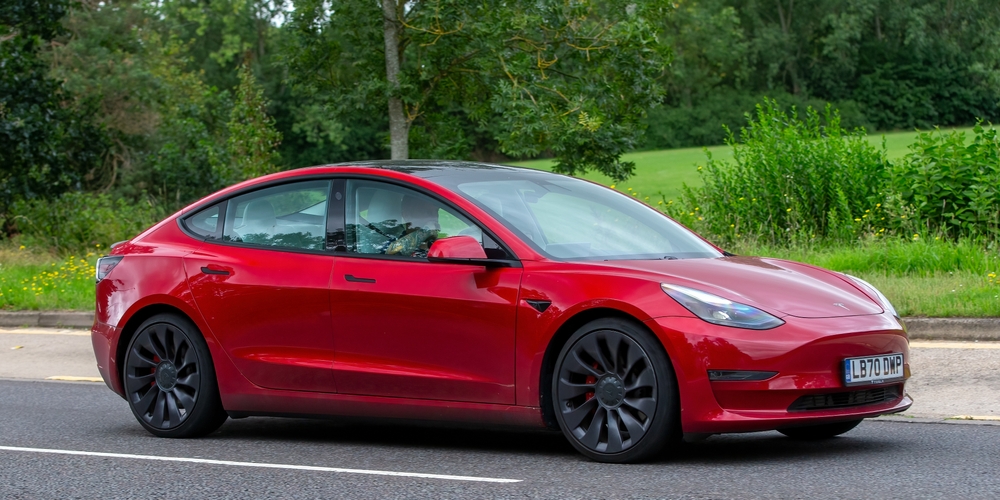
The management of Tesla’s gigafactory in Berlin-Brandenburg has come under fire for sending managers to the homes of employees on long-term sick leave. According to plant director André Thierig, the move is intended to “appeal to employees’ work ethic,” but it has instead incited backlash from the plant’s union, IG Metall, which sees the tactic as an invasion of privacy and an extension of a “culture of fear” at the facility.
Union Condemns Home Visits as Intimidation
Over the past few weeks, managers have visited the homes of about two dozen workers who have been on sick leave for extended periods. IG Metall, the union representing a portion of the factory’s 12,000-strong workforce, has called out the practice as a form of intimidation that adds to the already challenging working environment at Tesla’s first European factory.
“Employees from almost all areas of the factory have reported an extremely high workload,” stated Dirk Schulze, a regional director at IG Metall. “When there are staff shortages, the ill workers are put under pressure, and those who remain healthy are overburdened with additional work. If the factory’s overseers really want to reduce the level of sickness, they should break this vicious circle.”
The union’s concerns are backed by reports of frequent absences due to sickness, which have reached up to 15% in some areas of the factory. Schulze argues that the root of the problem lies in Tesla’s demanding work culture, which he describes as fostering a “culture of fear” that ultimately leads to burnout and more sick leave.
Management Pushes Back Against Criticism
André Thierig defended the home visits, saying they are standard in many industries and necessary to address potential abuse of Germany’s robust labor protection laws. According to Thierig, the average rate of absenteeism among Tesla’s 1,500 temporary workers is just 2%, compared to significantly higher rates for permanent employees. He suggested that the discrepancy indicates possible exploitation of the system rather than poor working conditions.
“In our analyses of attendance at work, some phenomena have become obvious: on Fridays and late shifts, about 5% more employees take sick leave than on other weekdays,” Thierig explained. “That is not an indicator of bad working conditions because the working conditions are the same on all working days and across all shifts. It suggests that the German social system is being exploited to some extent.”
A Divisive Measure Amid Ongoing Labor Tensions
The home visits have only deepened tensions between management and the workforce at the Grünheide factory, which has been plagued by controversy since its opening in 2022. Last October, Tesla refuted IG Metall’s claims that health and safety measures at the plant were inadequate, but the union maintains that the company’s actions have created an environment where employees feel under constant scrutiny.
With Germany’s strong labor protections and social safety net, any perceived encroachment on workers’ rights is bound to be met with resistance. The union has called on Tesla to focus on improving working conditions rather than policing its employees.
Elon Musk’s decision to build Tesla’s first European factory in Germany, rather than the UK, was partly influenced by Brexit uncertainty. However, ongoing labor disputes in Grünheide suggest that Tesla may have underestimated the strength of Germany’s workers’ rights movement.
For more details, read the full article here.




